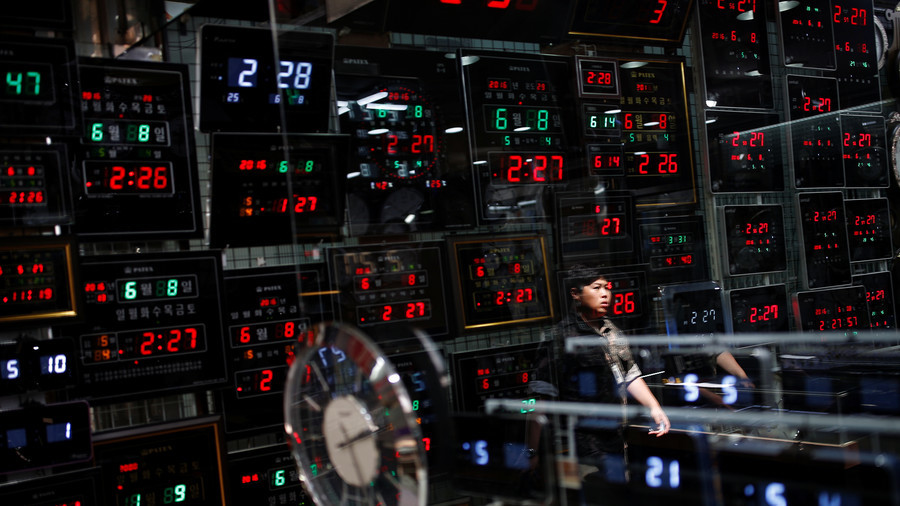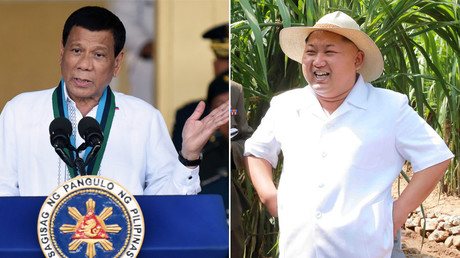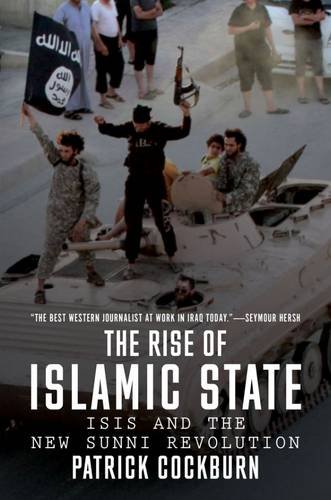Colonialism, Borders and Justice Should Be in Our Conversation About Migration Former colonial powers,
Former colonial powers, like Britain, are culpable in promoting the unfair rules, creating debt burdens, forced privatisations and entrenching oppressive neo-colonial power dynamics on the international stage.
by
0 Comments

"Despite their contributions to British society as workers, many migrants are made to feel unwanted, viewed with suspicion, exploited and discriminated against." (Public Domain)
Despite the end of historical colonialism - brought about by successful struggles for independence and liberation by former colonial territories in the South and their establishment of post-colonial governments - the nature of North-South relations did not entirely change. In many cases, the domination of the South by former colonial powers that built their wealth and power through oppressive and exploitative relations with their former colonies merely changed in form and in degree. The political, economic, cultural and other fundamentals of the North’s power over their former colonies persists. This interplay of continuity and change is extremely complex, pervasive and contradictory.
The great African leader and first president of the Republic of Ghana, Kwame Nkrumah, first used the concept of neo-colonialism in his book to describe the condition of continuing economic domination by former colonial powers over their former subjects once they attain their status as politically independent countries. If we look at the vast powers of transnational corporations (TNCs), which remained after the foreign governments and occupying troops left, one could argue that the mode of colonial domination in this revised form continues.
Although there are Universal Declarations of human rights and other normative standards now, in practice, the people of colours - their bodies as well as their environment - are seen as lower in ranking, to be exploited and valued less by those who oppress them. Boaventura de Sousa Santos argued that the new forms of colonialism are more insidious in that “they take place at the very heart of social, economic and political relations that are dominated by the ideologies of anti-racism, universal human rights, equality of all people before the law, non-discrimination, and equal dignity for the children of every god or goddess”.
If we look at multilateral and bilateral trade and economic formations, like in free trade agreements or in current problem-solving processes, like in the climate negotiations, many southern leaders and non-state actors argue that the relations could be likened to a re-subordination of the South. Decisions and adopted measures, decisions to act or failures to act, seem to have the objective of keeping the dominance of the rich North and strengthening the elites in the former colonies. This is more stark when we also look at how the dominant trade, investment, and financial regimes are propping up corporate interests.
Transnational corporations as new empires
Since the 1980s, the rules brought about by various multilateral and bilateral trade and investment agreements, as well as the policies from international financial institutions from which domestic industrial policies in developing (former colonial) countries were patterned, promote and protect private sector investments. The dominant concepts of development, modernity and democracy are being used to serve the interests of transnational corporations (TNCs).
The raft of regulations that cover production of food and goods, labour conditions and relations, provision of services, natural resources and commercialisation of knowledge through intellectual property rights allows TNCs to operate with impunity over the lives and rights of people in the areas where they operate. They also have greater power than other social sectors and get a greater proportion of society’s wealth, while paying fewer of the costs and bearing less of the risk. Because of this, many view TNCs now as new empires.
Neoliberal trade, investment and financial rules gave them access and licenses to exploit lands, waters and forests globally and are given much leeway to do what they want with them. Frontline communities in the countries of the South constantly suffer from abusive operations of TNCs that are aggressively extracting the wealth, to the point of destruction and in effect the dispossession, of their resources. The poor from rural areas turn into economic refugees and exploited workers (or unemployed people) in the cities. This flow of displaced people, many of whom have no other option but to sell their labour power cheaply, is not just incidental but is actually vital for capital accumulation at the global scale. Those who are more daring, have more skills and money (or, perhaps, who have little left to lose) cross oceans and borders as migrants.
The weakness and non-enforcement of global labour standards, the continuing wage differentials between rich and poor countries, and the poverty created by the loss of opportunities for sustainable and genuine development in the South are the biggest causes of global economic migration. At the same time, the necessity of preserving lives is producing refugees fleeing areas of war and conflict.
Former colonial powers, like Britain, are culpable in promoting the unfair rules, creating debt burdens, forced privatisations and entrenching oppressive neo-colonial power dynamics on the international stage. Neoliberalism, however, is not only impoverishing the South, there is also an enormous collapse in working and living conditions in countries of the North now that is also caused by subscription to neoliberal policies by Northern governments. The failure to understand and communicate these realities to the people whose standards of living are taking a dip is causing anti-migrant sentiments.
A hostile environment in the age of Brexit
Linking the root causes of poverty and inequality around the world: colonialism, imperialism and later, neoliberalism with the rise of migration must be part of the discussion on migration. Migrants do not come to the UK to avail themselves of health services from the NHS and other benefits, they come here to join family members or spouses, seek a better life and escape poverty back home or to preserve their life.
Despite their contributions to British society as workers, many migrants are made to feel unwanted, viewed with suspicion, exploited and discriminated against. It is a huge irony that while the UK representative to the UN Commission on Human Rights advocates for human rights and states the efforts by the UK government to support human rights defenders, the most vulnerable of people - the migrants and refugees - suffer from a hostile environment in the UK. The current treatment of the Windrush Generation, the British citizens from Britain’s former colonies, is one appalling example of the inhumane conditions suffered by people whose heritage came from countries that made Britain ‘great’. On one hand, Britain and British companies maintain neo-colonial relations with former colonies, while on the other hand, migrants from those countries who reside in Britain as migrants are treated badly.






